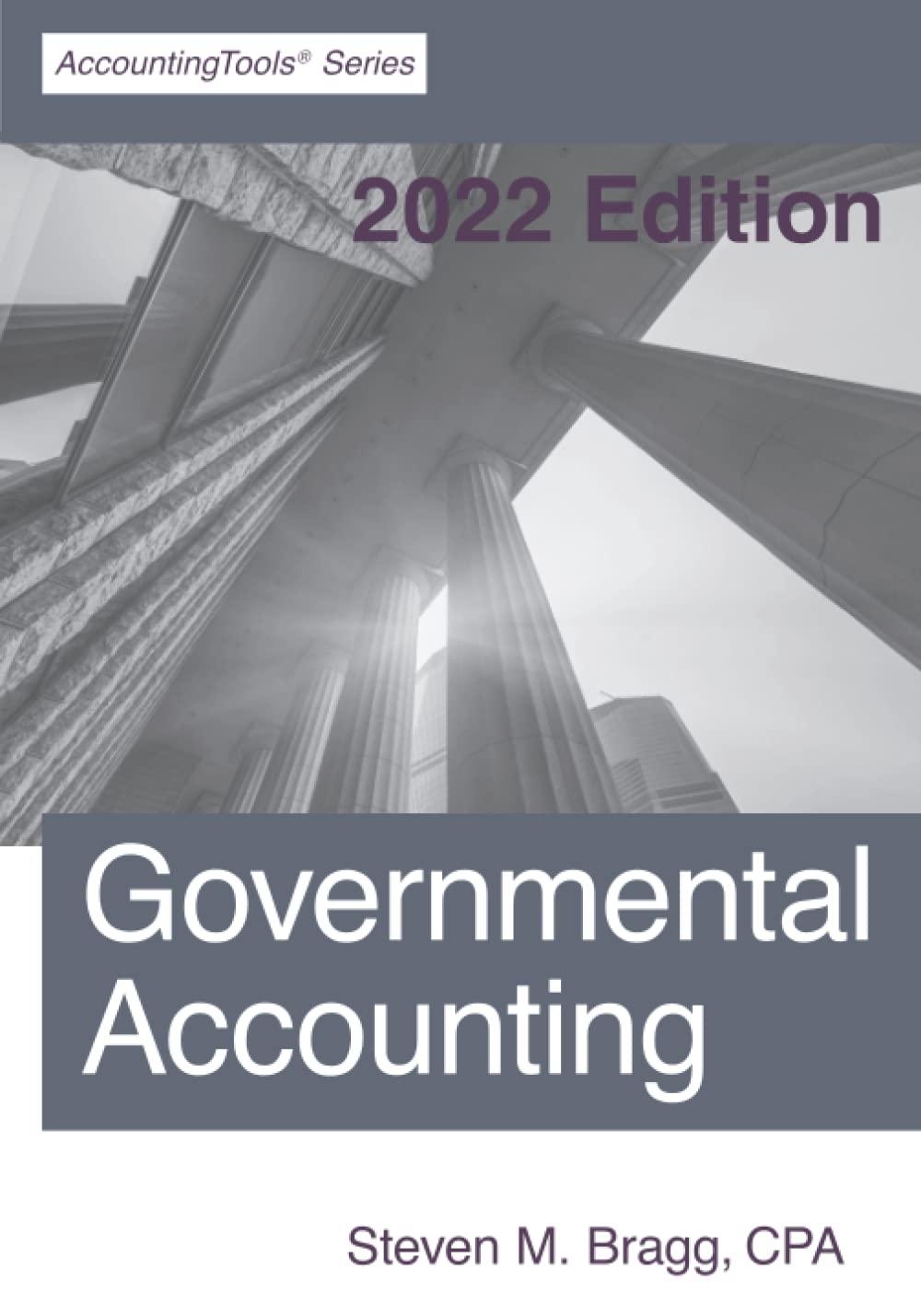Question
In May 2008, Jasper Mason died, survived by his spouse Amber Mason and four adult children. His gross estate was valued at $3 million, and
In May 2008, Jasper Mason died, survived by his spouse Amber Mason and four adult children. His gross estate was valued at $3 million, and he had Sec. 2053 deductions of $120,000. His will left the personal residence on which the mortgage had been paid off to Amber. Its value was $450,000. The will stated that the rest of Jaspers property was to pass to a trust at Seamans Bank with Amber to receive all the trust income semi-annually for life and the four children to receive the remainder in equal shares. Amber was the beneficiary of a $1 million life insurance policy included in Jaspers gross estate. The insurance policy was the only non-probate asset. Jasper made no post-1976 taxable gifts. A CPA with a small firm that does not specialize in taxation prepared the estate tax return for Jaspers estate and elected to claim the marital deduction for the entire trust. The firm with whom you are employed has been engaged to prepare the estate tax return for Amber, who died in May 2020. The Seamans Bank trust has increased in value to $3 million as of Ambers date of death. Amber owned assets valued at $10 million in her own name. Your manager asks you to research whether the Seamans Bank trust has to be included in Ambers gross estate. He is hoping that it does not because, even if the marital deduction had not been claimed for the trust, Jaspers estate still would not have owed any tax. Draft a memo to your manager reporting the results of your research. Confine your research to IRS pronouncements.
Step by Step Solution
There are 3 Steps involved in it
Step: 1

Get Instant Access to Expert-Tailored Solutions
See step-by-step solutions with expert insights and AI powered tools for academic success
Step: 2

Step: 3

Ace Your Homework with AI
Get the answers you need in no time with our AI-driven, step-by-step assistance
Get Started


